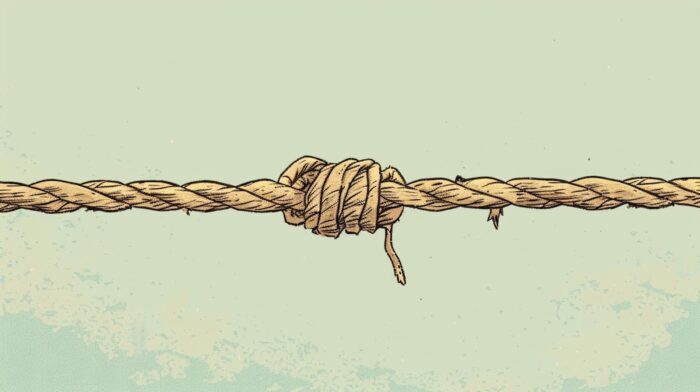Half a century ago, a young Stanford professor named Mark Granovetter published what would become one of the seminal papers in the field of sociology. “The Strength of Weak Ties” argued for the important of mere acquaintances — not just your friends — in the growing field of social network analysis. (It’s been cited more than 73,000 times.)
Granovetter surveyed a few hundred people in the Boston area who had recently taken a new job they learned about through a contact. (It’s who you know, right?) It turned out their weak ties — people they reported seeing once a year or less — were responsible for nearly twice as many job discoveries as their closest friends (people they saw twice a week or more).
[…]
Granovetter’s insight has been fundamental to the explosion of social networking platforms. Facebook is fundamentally a tool for flattening out all your strongest and weakest ties — from your spouse or sibling all the way to that kid you sat next to for two weeks in fifth grade. They all exist side by side, first-class citizens in your feed. LinkedIn was essentially Granovetter’s research turned into a startup. (Indeed, the strongest empirical support for Granovetter’s thesis is a massive study looking at more than 20 million LinkedIn users.)
So why do your weak links matter so much? One big reason is that they’re more likely than your closest friends to possess novel, salient information that you might lack. Your BFFs likely live in roughly the same knowledge universe that you do and are thus less likely to come across a new insight that’s unknown to you. That kid from fifth grade lives far enough outside your personal bubble to present you with a truly important piece of information.



Wow really?
… Wait a minute, is that a ruse to believe the author of this article?